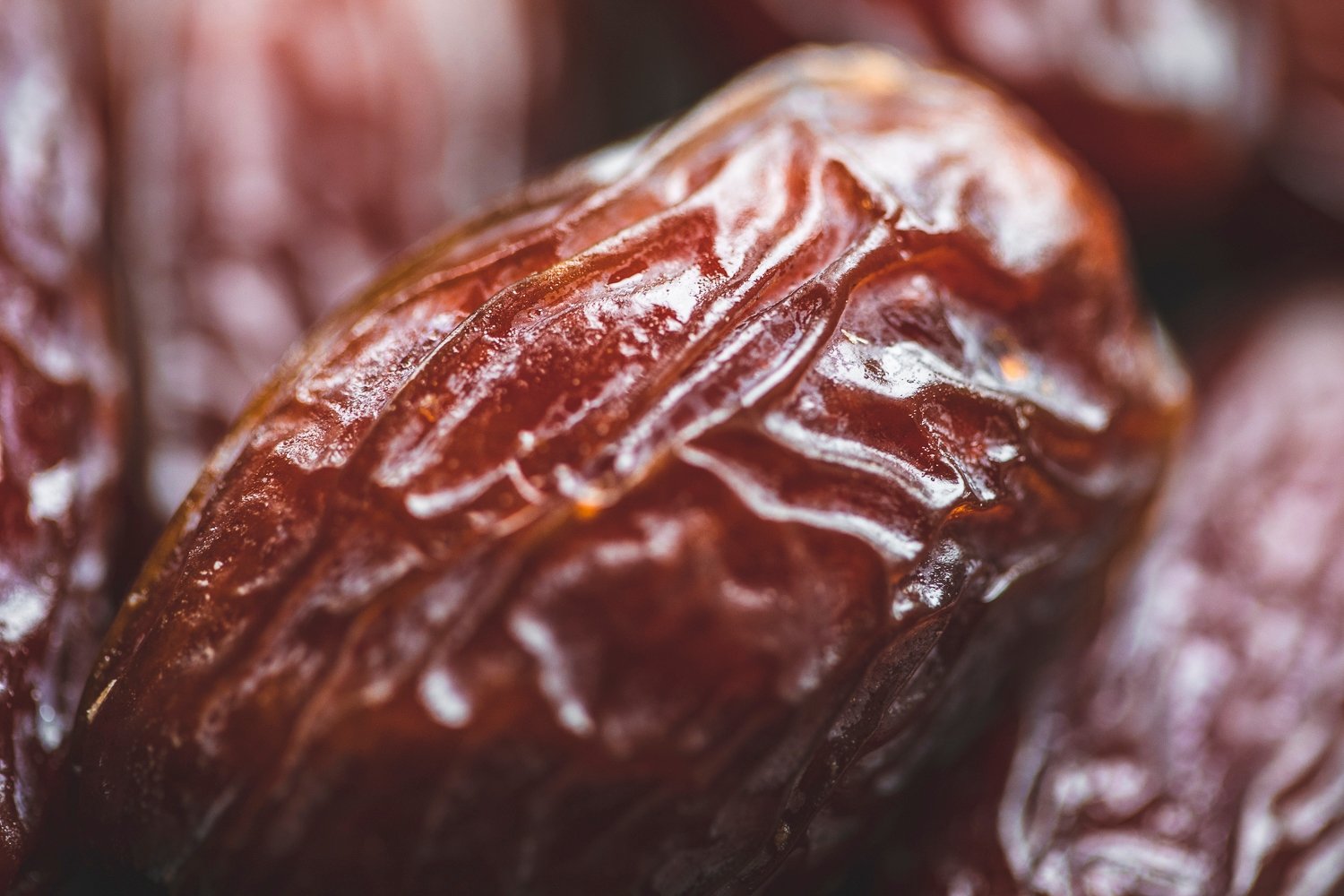Specific Requirements and Regulations for Importing Dates in Different Countries

Introduction
Importing dates, such as Kurma Majol, involves complying with specific requirements and regulations set by different countries. In this blog post, we will explore the various regulations and requirements that date importers need to consider when importing dates into different countries. Understanding these specific requirements is crucial for importers to ensure smooth customs clearance and adhere to the legal and safety standards of each country. Join us as we delve into the world of date importation regulations and requirements.
Regulations for Importing Dates
Phytosanitary Regulations
Phytosanitary regulations are put in place to prevent the introduction and spread of pests and diseases that can harm agricultural crops. Many countries require phytosanitary certificates for imported dates to ensure that they meet specific standards of plant health. These certificates verify that the imported dates have undergone pest and disease inspections, comply with the phytosanitary requirements of the exporting country, and are free from any harmful organisms.
Food Safety and Quality Standards
Food safety and quality standards are crucial considerations for importing dates. Countries often have regulations in place to ensure that imported dates meet certain safety and quality criteria. These standards may include requirements for hygiene, packaging, labeling, and product testing. Importers must ensure that the dates they import comply with the food safety and quality regulations of the destination country to protect consumers and maintain the reputation of their business.
Documentation and Labeling Requirements
Importers need to fulfill specific documentation and labeling requirements when importing dates. This typically includes providing accurate and detailed information about the imported dates, such as origin, variety, packaging, and expiration dates. The labeling requirements may also involve providing nutritional information, allergen declarations, and country-specific labeling standards. Importers must ensure that the dates are properly labeled and that all required documentation is complete and accurate to facilitate customs clearance.
Country-Specific Requirements
United States
In the United States, the Food and Drug Administration (FDA) regulates the importation of dates. Importers need to comply with FDA regulations, including the Food Safety Modernization Act (FSMA), which emphasizes preventive measures to ensure the safety of imported food. The FSMA requires importers to implement a Foreign Supplier Verification Program (FSVP) to verify that the imported dates meet the same food safety standards as domestically produced food.
European Union
The European Union (EU) has specific regulations for importing dates into its member countries. Importers must comply with EU regulations on food safety and quality, including following the General Food Law and obtaining a health certificate or phytosanitary certificate. The EU also has specific requirements for labeling, including allergen declarations and mandatory traceability information.
United Arab Emirates
The United Arab Emirates (UAE) has its own set of regulations for importing dates. Importers must comply with the Emirates Authority for Standardization and Metrology (ESMA) regulations, which include requirements for labeling, packaging, and food safety standards. The UAE also has specific regulations for organic dates, requiring importers to obtain an organic certification from approved certification bodies.
Conclusion
Importing dates, such as Kurma Majol, involves adhering to specific requirements and regulations set by different countries. Phytosanitary regulations, food safety and quality standards, and documentation and labeling requirements are common considerations for date importers. Specific regulations may vary from country to country, such as the FDA regulations in the United States, EU regulations in European countries, and ESMA regulations in the UAE. Importers must ensure compliance with these regulations to facilitate smooth customs clearance and meet the legal and safety standards of each country.
Key Highlights:
– Importing dates requires compliance with specific requirements and regulations set by different countries.
– Phytosanitary regulations ensure plant health and often require phytosanitary certificates for imported dates.
– Food safety and quality standards are crucial considerations, including hygiene, packaging, labeling, and product testing.
– Documentation and labeling requirements involve providing accurate information about the dates and complying with country-specific standards.
– The United States, European Union, and United Arab Emirates have their own regulations for importing dates.
– The FDA regulates date imports in the United States, including the implementation of the FSMA.
– The EU has regulations on food safety, labeling, and health certificates for imported dates.
– The UAE requires compliance with ESMA regulations and specific certifications for organic dates.
By understanding and adhering to these specific requirements and regulations, date importers can ensure the smooth importation of dates while maintaining compliance with the legal and safety standards of each country. Importers must stay informed about the regulations of their target markets and work closely with suppliers and regulatory agencies to meet all the necessary requirements. Unfortunately, I couldn’t find any specific information about “Kurma Majol” as it seems to be a term that doesn’t exist or may be misspelled. If you can provide more details or clarify the term, I’ll be happy to assist you further.